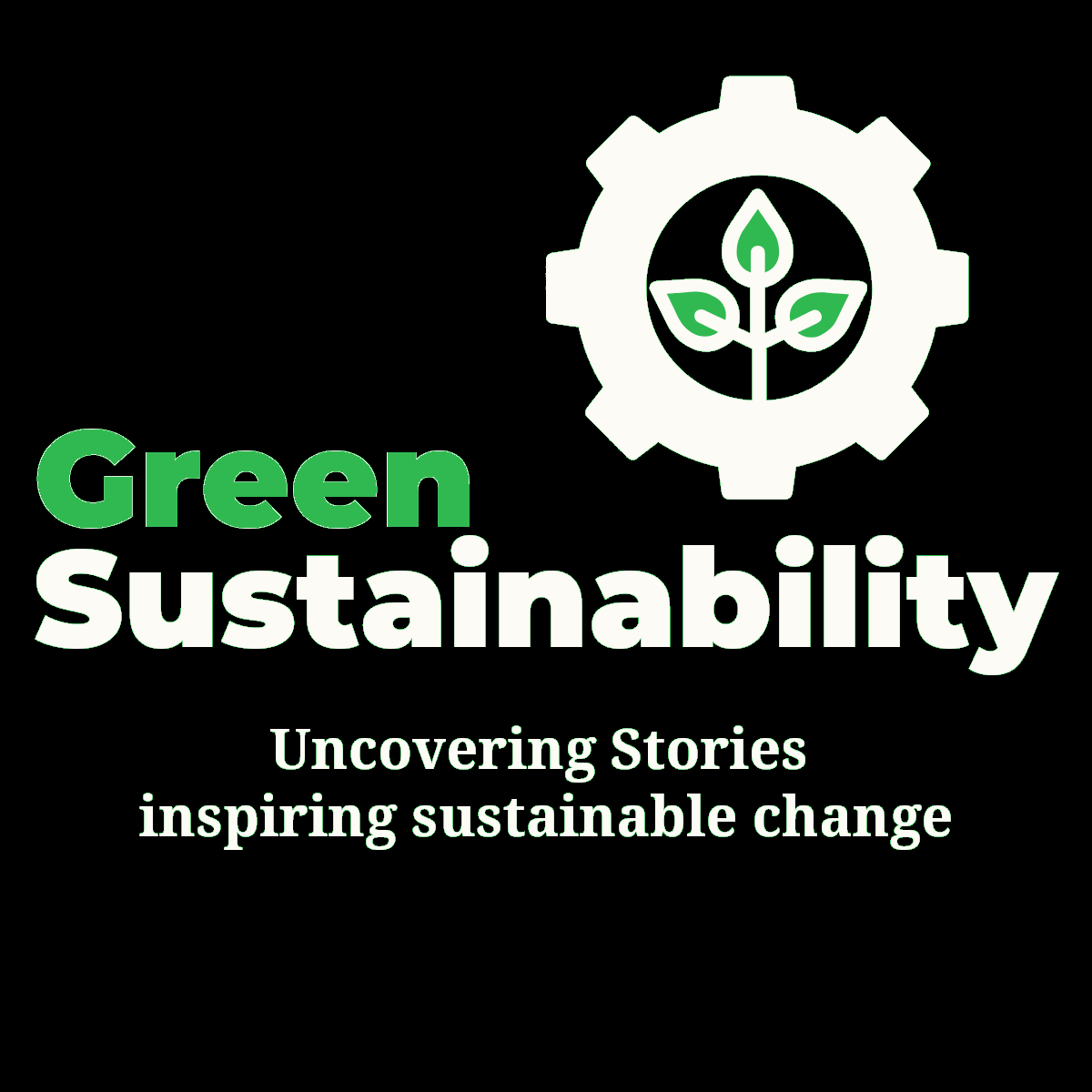

A good zoo can be of tremendous value to the cause of conservation and education, although there are those that believe that animals should not be kept in captivity at all.
Years ago zoos existed purely as what could be described as 'freak shows', there for the entertainment of the public, while the animals were often badly cared for and kept in poor conditions. Nowadays, the Victorian idea of a caged collection for people simply to look at is rather dated, although zoos like this still exist in some parts of the world, keeping the animals in tiny cages, exploiting their collections solely for the purpose of making money and 'amusing' the public. However, in Britain the majority of zoos are actively involved in research, breeding and reintroduction programmes which may well help to prevent the extinction of some rare species in the wild.
The World Association of Zoos and Aquariums (WAZA) has over 400 members. Its strategy “provides a common philosophy for zoos and aquariums across the globe and defines the standards and policies that are necessary to achieve their goals in conservation.” WAZA's mission is “to guide, encourage and support the zoos, aquariums, and like-minded organizations of the world in animal care and welfare, environmental education and global conservation”. They are at the forefront of environmental campaigning and ran a petition in the run up to the Copenhagen Climate Change Summit (December 2009) calling on governments to set targets of atmospheric carbon dioxide levels below 350 parts per million in order to prevent a mass extinction of animals.
The Zoological Society of London (ZSL) runs conservation projects in Britain and in over 80 countries around the world, working with local communities to conserve their environment and promote the sustainable use of resources. ZSL’s mission is “to promote and achieve the conservation of animals and their habitats, through a broad range of activities.” These activities include projects assessing the wild population of animals and encouraging biodiversity . Their Wildlife Wood Project works alongside timber companies in Ghana and Cameroon to manage the areas where endangered wildlife may go, since animals do not always stay within the boundaries of national parks. ZSL runs breeding programmes and reintroduces animals back into the wild. One of their projects is the “EDGE of Existence” programme, EDGE meaning “Evolutionarily Distinct and Globally Endangered”. Their scientific research is used to inform and influence conservation policy among politicians and world leaders. Their EDGE coral reef campaign highlights the threat to this precious eco-system which could be lost by 2065, should atmospheric CO2 levels continue to rise.
Our Supporters



.png)




















.png)





















